
A new case study on the application of Linked Data for employee performance management and the implementation of mentorship programs…
Conflicting policies, incomplete instructions, corporate updates, and an overall lack of productivity impact not only the bottom line, but your team’s engagement and satisfaction. Employees struggle with the burden of redundant processes, expired and duplicated information, and excessive communication–only to have important details lost in the shuffle.
Engage your employees by considering their collaboration needs, digital employee experience, and user personas with a modern employee portal. We help with employee productivity and engagement through digital workplace services, intranet consulting, and intranet development. With an intuitive intranet portal, your organization can communicate and engage with your employees and empower them to deliver a rich and valuable user experience to your customers.
Base22 provides a horizontal employee experience with the personalized self-service that employees expect in all their digital interactions while leveraging and making sense of the hundreds of user interfaces, workflows, and content sources.
An employee portal is a one-stop shop for productivity. Employees from different departments can manage their own profile page, find vital tools and services in a single place, and reduce requests to HR and management.
Going big means rethinking your information and resources. Together with our Portal expertise and accelerators, we can help you leverage your content and applications—from policies and procedures to videos—and increase findability and efficiency.
Build personalized dashboards for each audience of your digital ecosystem, like employees, contractors, and collaborators. Target personalized content, enhance user experience and deliver your brand’s value promise through modern digital technologies.
A modern employee portal empowers your business audiences and turns them into vibrant communities that can communicate and coordinate quickly, create content, and actively engage in the digital environment.

A new case study on the application of Linked Data for employee performance management and the implementation of mentorship programs…

When reading about Linked Data and the Semantic Web you might not realize that one of the main objectives these…
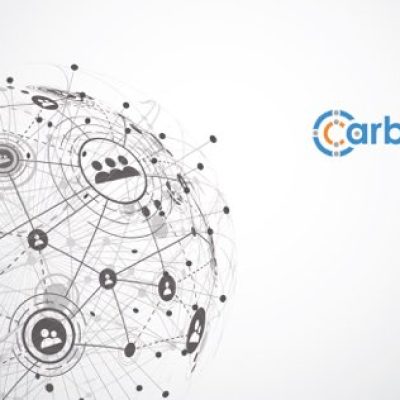
With web development, developers face a lot of difficulties when they have to provide a full-stack solution to a client.…
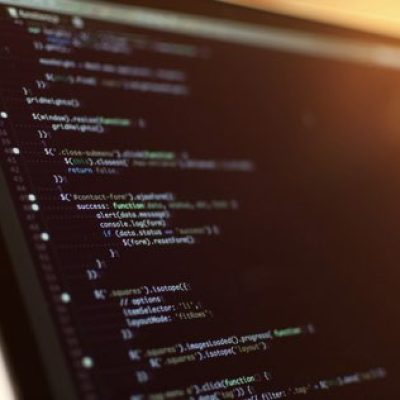
What makes Carbon LDP a good fit for Angular applications? Carbon LDP gives you a server and database out-of-the-box. What’s…
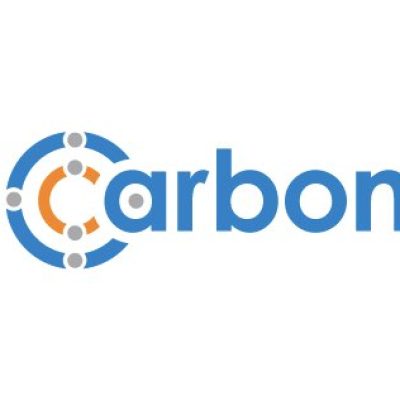
As part of our simple explainer video series, we wanted to highlight Linked Data, resource description frameworks (RDF), and our…
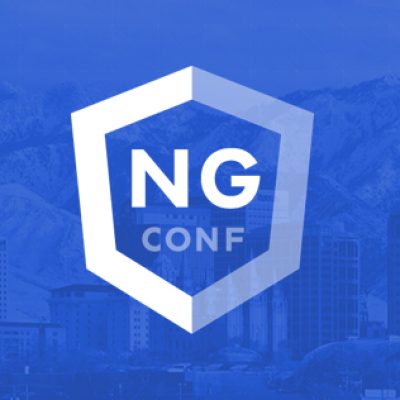
This year, we’re taking Carbon LDP to NG-Conf, in Salt Lake City, UT (April 5th-7th). Come to learn about Carbon…
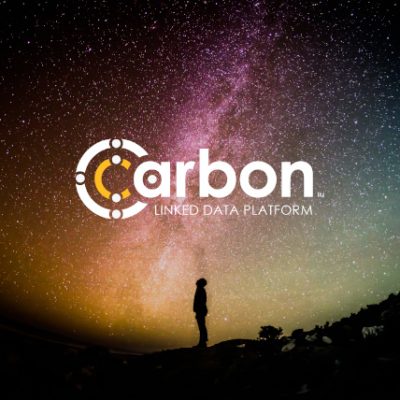
Base22® today announced the public beta launch of its flagship software product, Carbon LDP. Carbon LDP is one of the…
Like all aspects of Digital Transformation, implementing digital workplaces, employee portals and intranets presents some challenges with organizational culture and employees, such as:
Poorly designed employee portals are “silent killers” that drain your workforce’s energy slowly. Slow responsiveness, bureaucratic processes, and paper-based transactions are the #1 enemy of business growth. An employee portal that is not intuitive or designed with a focus on employee needs and their daily tasks often creates obstacles to productivity and efficiency. The difficulty is that leaders can’t tell if they have a productivity problem derived from their portal. So the challenge becomes building and tailoring a digital workplace or platform that fits the needs of the user and the business.
Employees get comfortable with the tools and processes they use every day, making change a monumental challenge. Implementing digital workplaces is more about shaping the organizational culture than the technology itself, which is where our expertise and consulting in Portals and Platforms come in. With the right change management approach, your organization will leverage the best platforms and solutions to improve its operations and workflows.
Often having a modern intranet portal means migrating thousands of pieces of content and applications to a new digital platform. Modern employee portals can have over 100,000 pieces of content, plus applications and systems. With Base22’s accelerators and components, you can inject agility into large migrations and restructure your content with a solid Information Architecture strategy. Leverage a new employee portal in months, not years.
Building digital workplaces includes migrating data to the Cloud to help employees manage their tasks and workloads. Data security is a challenge in the shift, which is why it’s important to have not only a compliant platform, but end-user security awareness meetings and strict protocols. We provide enterprise-level solutions with the right certifications and meeting security requirements.
We are a digital consulting firm that helps companies by delivering successful Digital Transformation projects with agility and a proven approach. We create modern experiences for a digital world.

2435 N. Central Express Way, Ste. 880, Richardson, TX, 75080, USA
MX: +800 062 2430